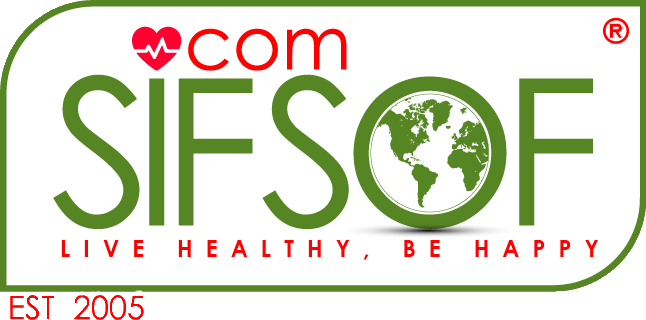Psychological and Physical Rehabilitation after Stroke
Psychosocial well-being may be affected following stroke. Psychiatric disorder is the most common after a stroke. Depressive symptoms, anxiety, general psychological distress and social isolation are prevalent.
Psychosocial difficulties may actually impact significantly on long-term functioning and quality of life, reduce the effects of rehabilitation services and lead to higher mortality rates.
With the majority of stroke patients struggling with these new cognitive, physical, and emotional distress, psychological care should be prioritized.
With psychological rehabilitation after strokes being inevitable, several strategies have been deployed through time to tone down strokes aftereffects. Most of the approaches followed were ecologically directed (developing environmental resources to reduce potential stressors).
More recently, an individual-centered strategy is being followed. It aims at developing the patient’s skills in interacting with a stressful environment through performing his own soothing rehabilitation activities.
The goal of psychiatric rehabilitation is to help individuals with persistent and serious mental illness to develop the emotional, social and intellectual skills needed to live, learn and work in the community with the least amount of professional support. The Robotic Rehabilitation Gloves:SIFREHAB-1.1 is designed to fulfill this exact task.
The Robotic Rehabilitation Gloves: SIFREHAB-1.1 is suitable for patients with hand dysfunction caused by stroke, cerebral hemorrhage, stroke hemiplegia, and brain injury. It is an innovative product for hand function rehabilitation.
This device can help patients boost their psychological well-being and sense of self-accomplishment since they can recover at home by themselves, save the cost of a rehabilitation hospital and accompanying care, independently complete the daily rehabilitation training plan, and carry out functional task-oriented training. These tasks include daily activity training such as stretching, machine holding, etc,
Being an easy-to-use device, the SIFREHAB-1.1 is fabricated with polymer pneumatic flexible material which is adjustable and wearable and can start the artificial flexible drive with high flexibility. Accordingly, stroke patients can guarantee a comfortable, stress-free home rehabilitation session.
When stroke patients do not receive adequate support for mental health, it can hinder recovery and reduce motivation to pursue rehabilitation. By taking into account mental and social factors, rather than just the physical symptoms of stroke – a better outcome can be achieved. The Robotic Rehabilitation Gloves: SIFREHAB-1.1 is among the most suitable devices designed to promote both physical and psychological recovery.

